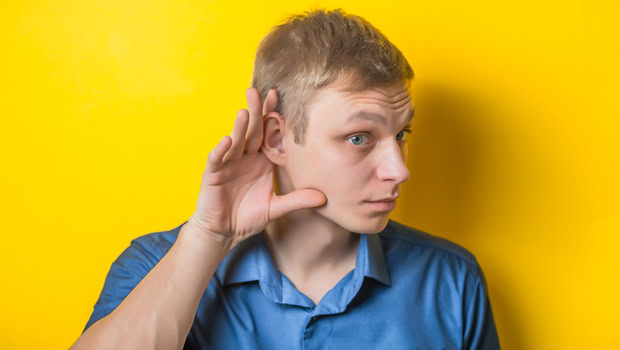Diabetes Educators Should Screen for Hearing Loss

When we think about diabetes complications, we often overlook hearing loss. In 2012, a colleague asked me what hearing screenings I do for my patients, and I realize that hearing loss wasn’t even on my radar. After that, I decided to dig into the research.
Hearing loss and diabetes are often connected, and I now believe it’s vital that diabetes educators screen for it. The National Institutes of Health has found that hearing loss is twice as common in people with diabetes as it is in the rest of the population. Also, people with prediabetes are 30 percent more likely to have hearing loss than those with normal blood sugar levels.
Research suggests that diabetes can impact hearing by damaging the nerves and blood vessels of the inner ear. A 2012 Henry Ford Hospital study found that older women with well-controlled diabetes had better hearing than older women with poorly controlled diabetes. The study also shows all women with diabetes under 60 years of age had worse-than-average hearing.
Additionally, a 2008 study shows that more than half of people with diabetes had at least mild loss in their ability to hear high-frequency tones, and 21 percent of participants with diabetes had at least mild loss in their ability to hear low-frequency to mid-frequency tones.
Hearing loss is shown to lead to depression, anxiety, and decreased social activity. When you couple this with the other physical and emotional issues that people with diabetes must contend with, it’s important for the medical community to do what it can to help.
It’s a good idea for people with diabetes to be screened routinely for hearing loss, just as they are for eye and kidney problems. Preliminary screening doesn’t require an audiologist or special equipment. Below is a simple screening survey that can be done by a diabetes educator (click to see full size):
![]()
People who score in the mild-impairment to severe-impairment range should see a specialist for a more thorough evaluation.
Treatment for hearing loss often starts with a hearing aid. In 10 percent of the population, medication may also be necessary. Taking action often helps people combat feelings of social isolation and depression. This, in turn, could help people with diabetes stay on top of their self-care, potentially curbing hearing damage in the future.
This article has been edited for length and clarity.
Thanks for reading this Insulin Nation article. Want more Type 1 news? Subscribe here.
Have Type 2 diabetes or know someone who does? Try Type 2 Nation, our sister publication.